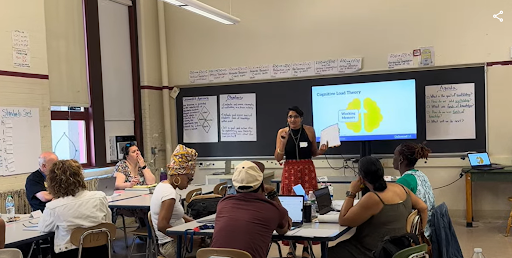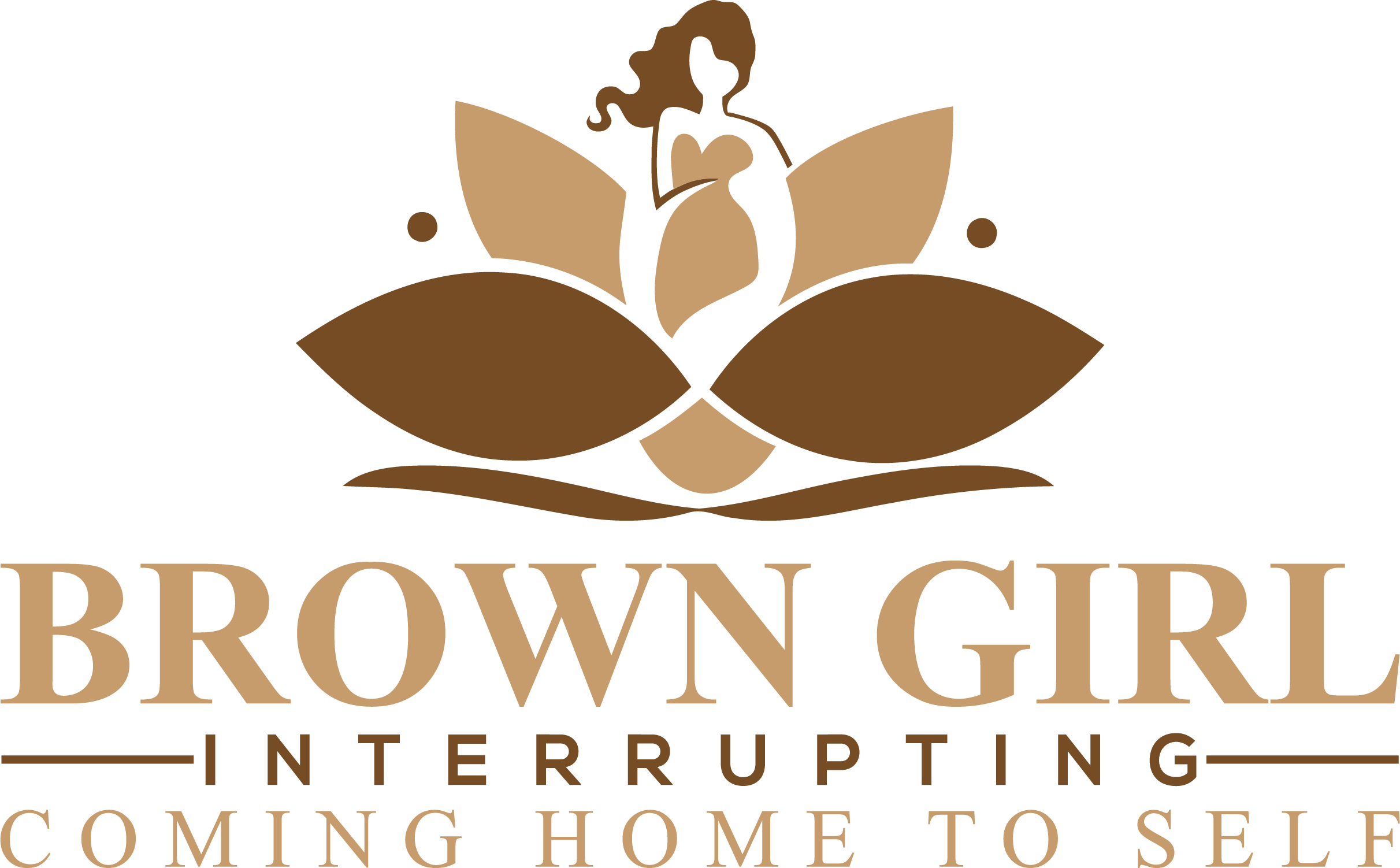There’s a quiet truth echoing through hallways of corporate offices, Zoom meetings, and coffee-fueled team huddles: the workplace, as we know it, isn’t working. Or at least, not for most of us.
We’re seeing productivity dip, employee engagement flatten, and office culture slip into something that feels more punitive than purposeful. The push for a return to in-person work—driven by control rather than curiosity—often lands as a threat rather than an invitation. It’s here that I believe we need to reimagine how we lead, how we connect, and most importantly, how we see one another.
David Rock’s SCARF model offers us a powerful lens. Designed to explain the social domains that influence human behavior, SCARF outlines five core areas that drive our sense of safety or threat in any interaction: Status, Certainty, Autonomy, Relatedness, and Fairness. These are not abstract concepts. They are hardwired into our brain’s reward and threat systems. When they’re compromised, we don’t just disengage—we retreat, protect, shut down. Sound familiar?
Now, imagine navigating all that—while also being someone whose racial identity shapes their daily interactions in the workplace.
That’s why the sixth domain must be: Race.
The “R” That’s Always in the Room
As a Brown woman, an immigrant’s daughter, and a professional who’s had to carefully navigate white-dominated and male-dominated spaces, I can tell you that race is not separate from the SCARF model—it’s woven through every thread of it. It shows up when leadership decisions are made behind closed doors. It’s present in whose voices are heard in meetings, whose mistakes are forgiven, and who gets mentored toward leadership.
Race shapes how status is granted, how certainty is promised, and how fairness is defined.
And in this current cultural moment—where performative DEI efforts are being quietly walked back, where empathy is being replaced by productivity metrics—we’re seeing the cost of ignoring that sixth domain.
The Cost of a Threatening Workplace
A workplace that constantly triggers threats in SCARF + R becomes a breeding ground for burnout, disengagement, and mistrust. Micromanagement replaces mentorship. Policies replace people. Innovation stalls. Talented individuals from marginalized communities leave—not because they lack skill, but because they lack psychological safety.
When we ignore emotional intelligence, we leave no space for nuance, context, or compassion. We trade empathy for efficiency. And we forget that the human beings we manage are not spreadsheets—they are stories, histories, identities, and dreams.
Replenishing the Workplace: From Threat to Reward
So how do we shift?
How do we make the in-person experience rewarding instead of depleting?
It starts with rebuilding trust and recognizing identity as central to every human interaction. Here’s what that could look like:
- Status: Celebrate contributions in meaningful ways. Not just with promotions, but with voice, agency, and visibility. Create spaces where everyone sees themselves reflected in leadership and feels valued, not tokenized.
- Certainty: Communicate clearly. Be transparent about changes. When people don’t know what’s coming, they assume the worst. Predictability builds safety.
- Autonomy: Give your people choice. Let them lead where they’re strong. Flexibility isn’t a perk—it’s an essential element of trust.
- Relatedness: Build authentic relationships. Know your team’s stories. Use emotional intelligence to lead with compassion, not control.
- Fairness: Equity over equality. Understand that fairness means accounting for identity, not erasing it.
- Race: Do the work. Invest in real DEI training. Not just the checkbox kind, but the transformative, heart-work kind. Recognize bias. Disrupt patterns. Make room at the table—and then expand the table.
Leading with Heart
We are in a cultural moment where people are exhausted—not just by workloads, but by being unseen. And when our workplaces mirror the same oppressive dynamics as the world outside, we don’t just lose productivity. We lose possibility.
Let’s flip the script. Let’s make work a space where people feel emotionally replenished, not emotionally taxed. Where returning to the office isn’t a punishment—but a return to community, to connection, and to purpose.
Because when we lead with emotional intelligence, when we honor identity, and when we build safety into our systems, we don’t just create better workers. We create better humans.
And that’s a workplace worth building.



Leave a Reply